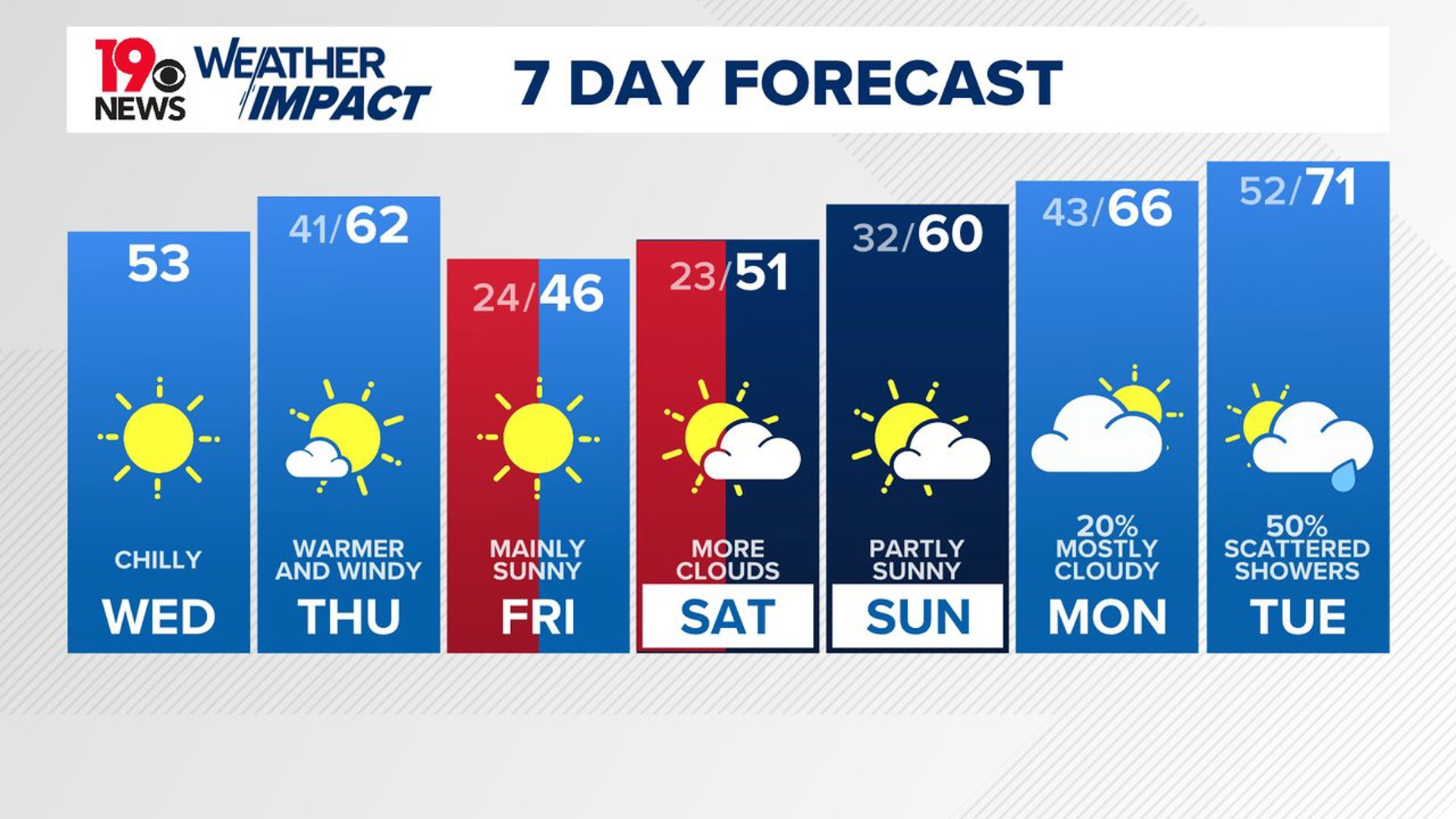COLUMBIA, S.C. —
Winter is here! Or is it?
In the Northern Hemisphere, many mark the first day of winter as December 21, but for meteorologists, the season kicks off much earlier—on December 1. This difference comes down to how seasons are defined: meteorological versus astronomical.
Meteorological seasons are based on consistent weather patterns, dividing the year into four even chunks of three months each. This makes tracking and comparing weather trends from year to year easier for meteorologists and climatologists. By this definition, winter spans December, January, and February, perfectly aligning with the year’s coldest period.
Astronomical seasons, however, are determined by Earth’s orbit around the Sun and its tilt. Winter begins with the winter solstice, occurring when the Northern Hemisphere is tilted furthest away from the Sun. This marks the shortest day and longest night of the year, which this year falls on December 21. The astronomical calendar also uses equinoxes to signify the start of spring and fall, when the tilt of Earth’s axis neither favors the Sun nor leans away from it.


The National Oceanic and Atmospheric Administration (NOAA) points out that the variability in astronomical season dates led to the creation of meteorological seasons. These consistent start and end dates better reflect seasonal weather patterns and make it simpler to analyze historical climate data. While astronomical winter runs from December 21 through late March, meteorological winter aligns more closely with what most consider the heart of the cold season.
Both definitions are valuable, but they serve different purposes. Meteorologists focus on practical, weather-related patterns, while astronomical seasons connect us to the rhythms of our planet’s movements in space. Whether you feel winter has already begun or are counting down to the solstice, the chilly season is undoubtedly here to stay.



